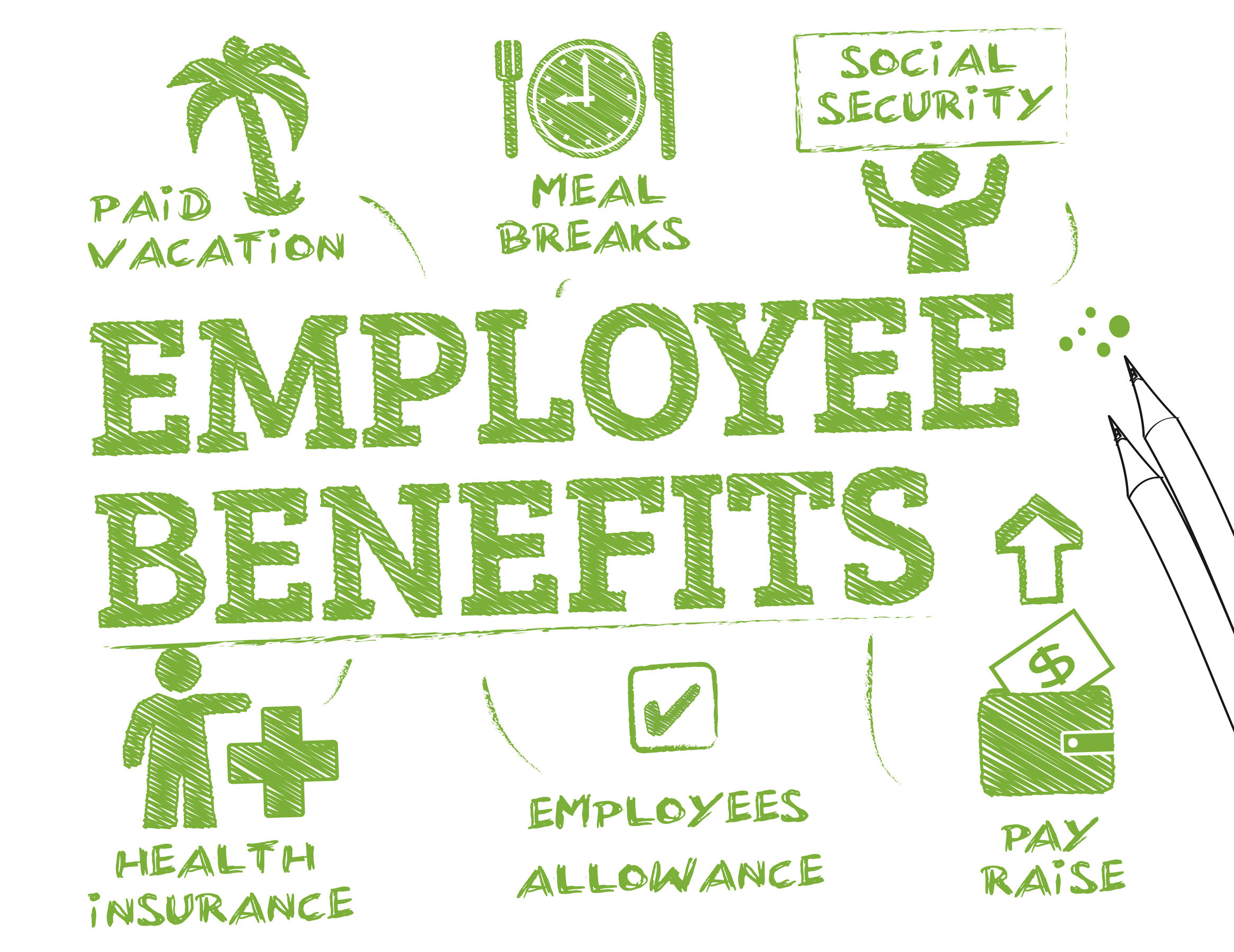As you know, terminating an employee doesn’t entirely absolve you of your duties and responsibilities as an employer. Wise leaders follow the Golden Rule, treating each and every employee how they themselves would like to be treated; with respect, dignity and transparency.
Even when we are working the most challenging and underperforming individuals, companies must uphold the integrity of their brand and conduct themselves with the utmost professionalism.
This philosophy, while beneficial in and of itself, is often mandated by various federal and state laws, programs, plans and rules that have been enacted to ensure that employee benefits are taken care of when employment is interrupted or terminated.
According to SHRM, there are seven key employee benefits that need to be considered when taking action to reduce payroll costs.
- Don’t Make Assumptions About Coverage: Specific coverage duration for various benefit programs can depend on the specific actions that the employer chooses to take, whether it’s termination or furlough. For example, employers who offer expanded coverage for ineligible employees or make promises outside of the terms of the policy without the prior consent of the insurer could face massive financial exposure.
- Remember that COBRA Must Be Offered: Whenever an employee faces reduced hours or loss of employment, it is the responsibility of the employer to ensure that healthcare coverage is still available. COBRA is a federal law that protects employees by allowing continued healthcare coverage paid for by an increase to the employee’s premium.
- Beware the (ACA) Affordable Care Act Employer Penalty: According to SHRM, “Terminating the group health plan coverage for an employee when leave or furlough begins may cause an ACA penalty for failing to offer coverage to 95 percent of full-time employees. COBRA coverage must remain affordable to avoid an ACA penalty, which may require a continued or increased employer subsidy.”
- Plan Continued Coverage Strategies With Your Employees: Work with your employees and provide them with payment options for their COBRA premiums. This will ensure that they have flexibility when it comes to making their COBRA payments, either paying them via check, ACH, or through a third-party COBRA administrator.
- Make Sure Your Offer Is Consistent With Any Existing Stated Severance Policies: Sometimes, businesses have predetermined severance policies that leadership can overlook when dealing with a crisis. Be sure to avoid the costly challenges that can arise when your crisis severance package conflicts with prior stated policies.
- Consider The Implications Of Retirement Plans: Retirement plans are often tricky and any adverse action in the form of widespread termination or furlough can trigger problematic clauses. Here are a few questions to consider:
- Will it cause a “partial termination” under the rules of the plan?
- Are you avoiding “deemed distributions” by following the plan loan provisions?
- During leaves or breaks in service, vesting and contributions can still be required – is that set-up?
- Other matches and contributions can be suspended – do I know which ones? Do I understand the ramifications?
- Review All Deferred Compensation And Other Employment Agreements For Impact. As stated by SHRM, “Such agreements may have short-term bonus payouts or other incentive payment obligations due to any “termination without cause” or other “separation from service” that cannot be altered without a review of all implications of Section 409A of the tax code. These rules generally prohibit employees from making salary deferral election changes midyear (including canceling elections) and/or changing the timing of payments.”
While layoffs and furloughs may seem to offer employers a clean break from ongoing employee-related financial responsibility, numerous rules and regulations exist to ensure that there is some degree of ongoing support.
These protections can be expensive for employers, which obviously doesn’t help when trying to cut costs in times of crisis, however, it is always in the best interests of the company to comply. In the end, taking care of your employee’s health and financial security ensures you have left them on the best possible footing while simultaneously protecting your brand and company from possible legal retaliation.
Citations
Brian M. Johnston and Suzanne G. Odom, “Consider these benefit issues before you furlough or terminate employees”, SHRM (Society for Human Resource Management), March 25, 2020.
https://www.shrm.org/resourcesandtools/hr-topics/benefits/pages/consider-these-benefit-issues-before-you-furlough-or-terminate-employees-due-to-covid19-pandemic.aspx







Leave A Comment